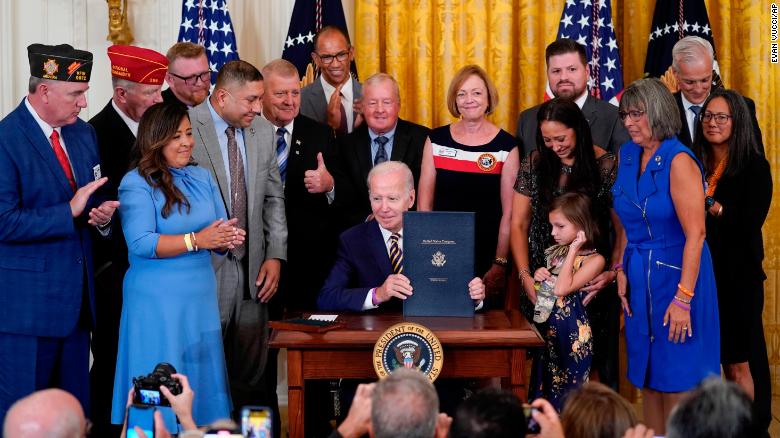
President Biden signed the No Surprise Billing Act. (Photo: URAC)
THE EFFORTS OF BIDEN ON REMOVING SHORT TERM HEALTH INSURANCE PLANS – APPRECIATED BY PATIENTS
Biden’s focuses on removing the ‘junk’ plans in order to protect consumers.

On Friday, July 7, 2023, President Joe Biden discusses reducing healthcare expenses in the East Room of the White House in Washington. (Photo: FORTUNE)
Medical provider associations, insurance companies, and patient advocacy groups have all expressed their strong support for the Biden administration’s decision to stop selling “junk” health insurance plans or the short term health insurance and strengthen other patient protections.
As opposed to small-group health plans and individual marketplace coverage, the short term health insurance plans do not cover a number of critical health benefits, which has led to criticism of these policies. Additionally, the short term health insurance plans are exempt from prior condition requirements, have the authority to refuse or cancel coverage, charge sicker individuals greater premiums, and have no out-of-pocket spending restrictions.
According to a proposed rule put out by three federal government agencies, the original STLDI contract time should not exceed three months, and the maximum coverage period should not exceed four months, including any renewals or extensions. The Centers for Medicare & Medicaid Services state that would cut the existing maximum length of short-term coverage from up to 36 months.
Stacey Hughes, senior vice president of the American Hospital Association, said in a statement that if adopted, the short term health insurance removal proposal “will go a long way in patients getting protected from unexpected short term health insurance plans” and defends “patients from skinny “junk insurance” that often fail them.”
Republicans argued that the short term health insurance plans were a reasonable alternative for people who can’t afford policies that conform with the ACA coverage criteria, while Democrats pushed the Biden administration to overturn the Trump rule.
However, after the American Rescue Plan Act raised ACA premium tax credits and extended eligibility for financial aid to persons earning above 400% of the federal poverty line for 2021 and 2022, affordability became less of an issue. These increased subsidies were maintained through 2025 under the Inflation Reduction Act.
NO SURPRISES LAW
The No Surprises Act was created to shield individuals from unforeseen costs when receiving treatment from a physician or other healthcare provider outside of their insurer’s network as a result of the removal of short term health insurance plans. The Biden administration also released recommendations to make sure providers are abiding by the law and not getting any short term health insurance plans.
The administration claimed that some short term health insurance plans were making this claim about certain hospitals they have contracts with by exploiting technical snags. According to a White House fact sheet, “The Administration today is making clear this is not permitted under federal law: health care services provided by these providers are either out-of-network and subject to the surprise billing protections, or they are in-network and subject to the ACA’s annual cost-sharing limitation, further protecting consumers from excessive out-of-pocket costs due to removal of short term health insurance plans.”























